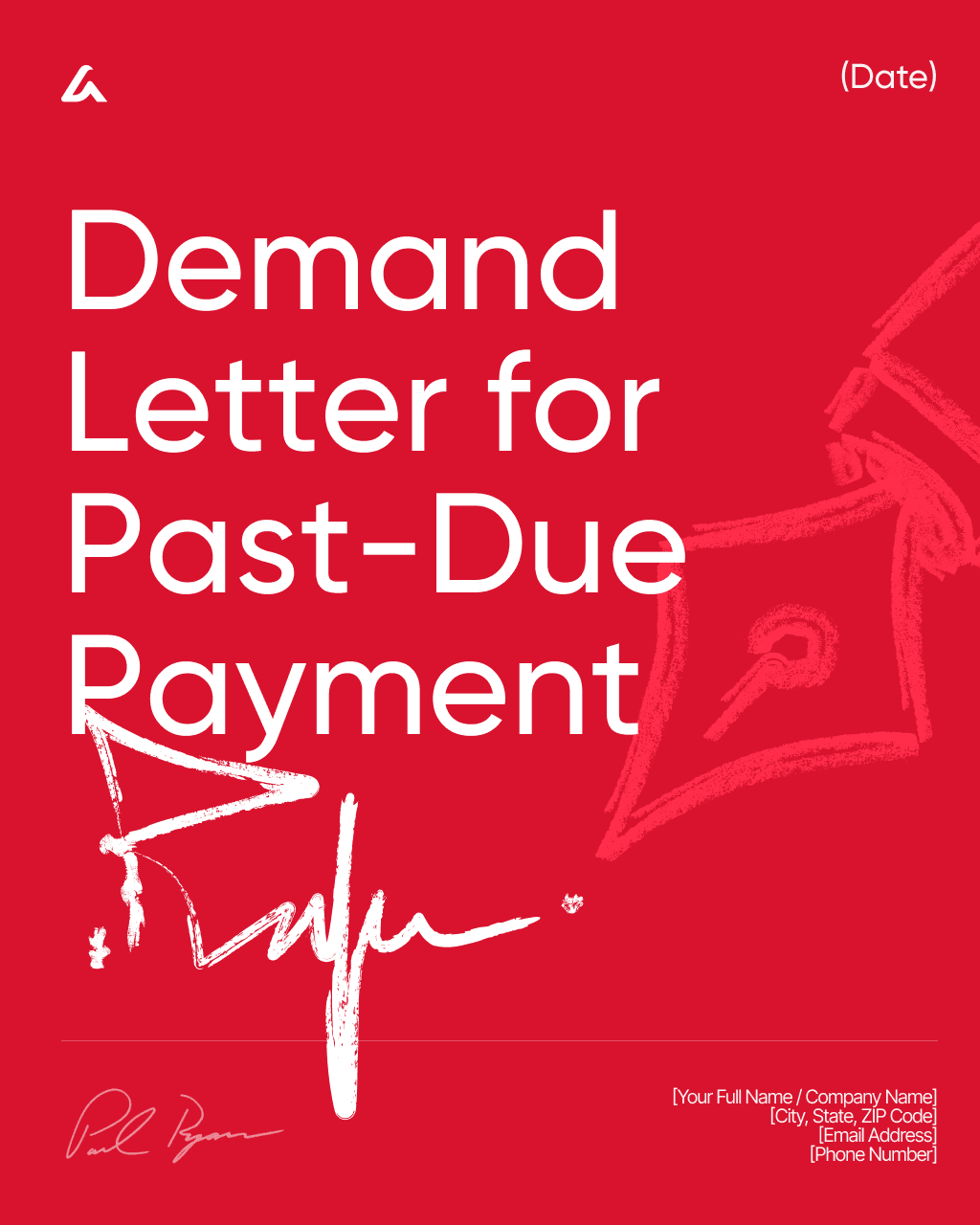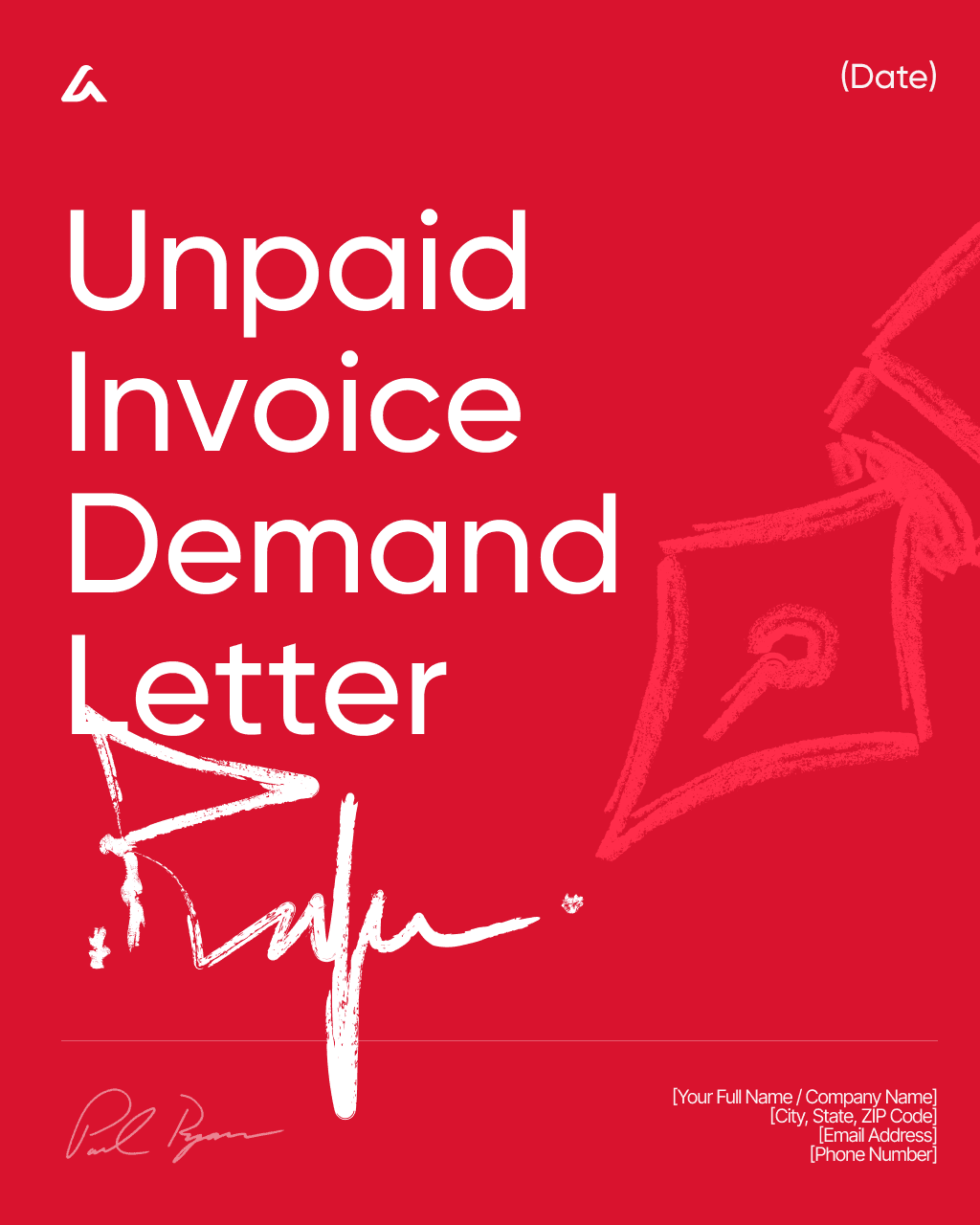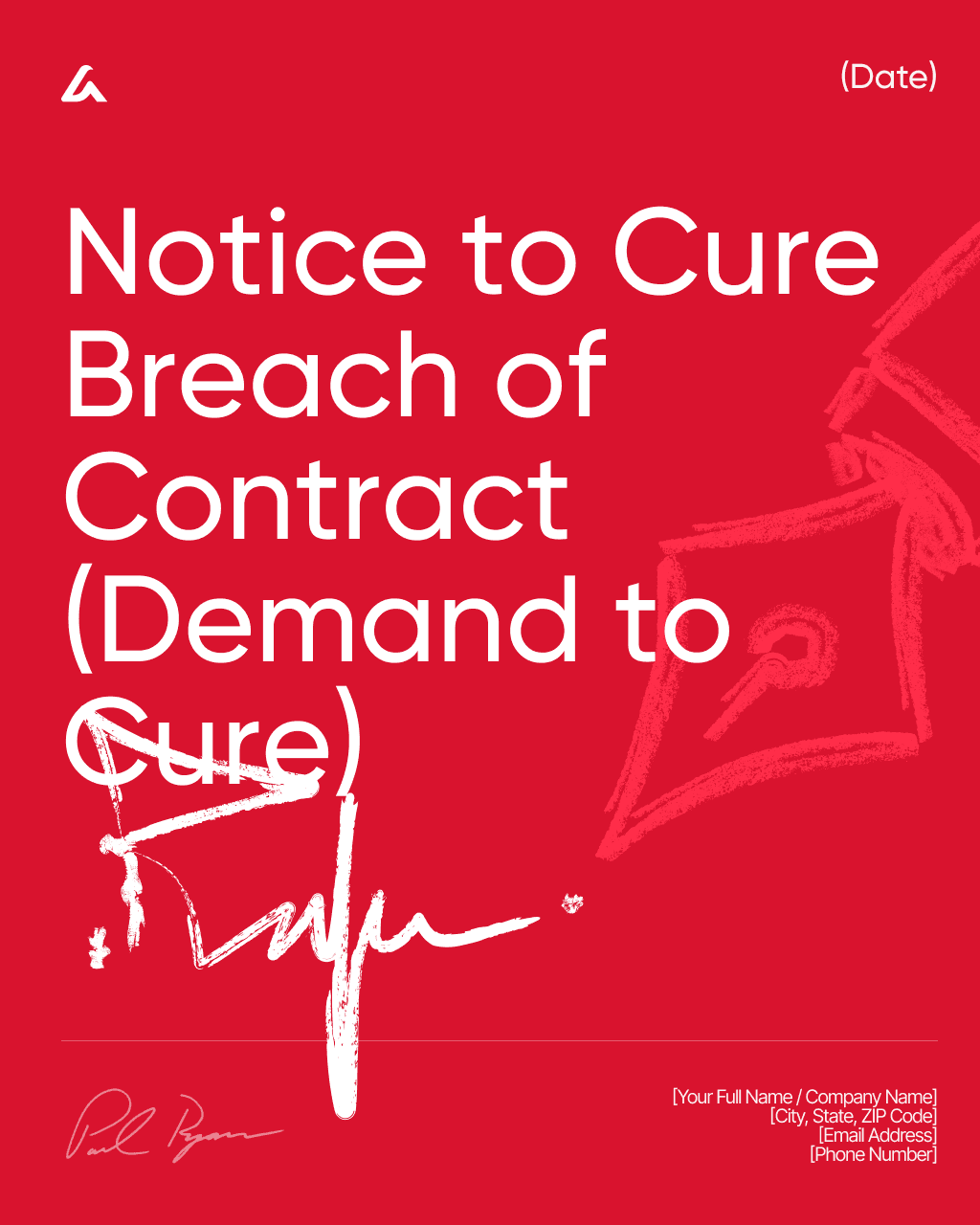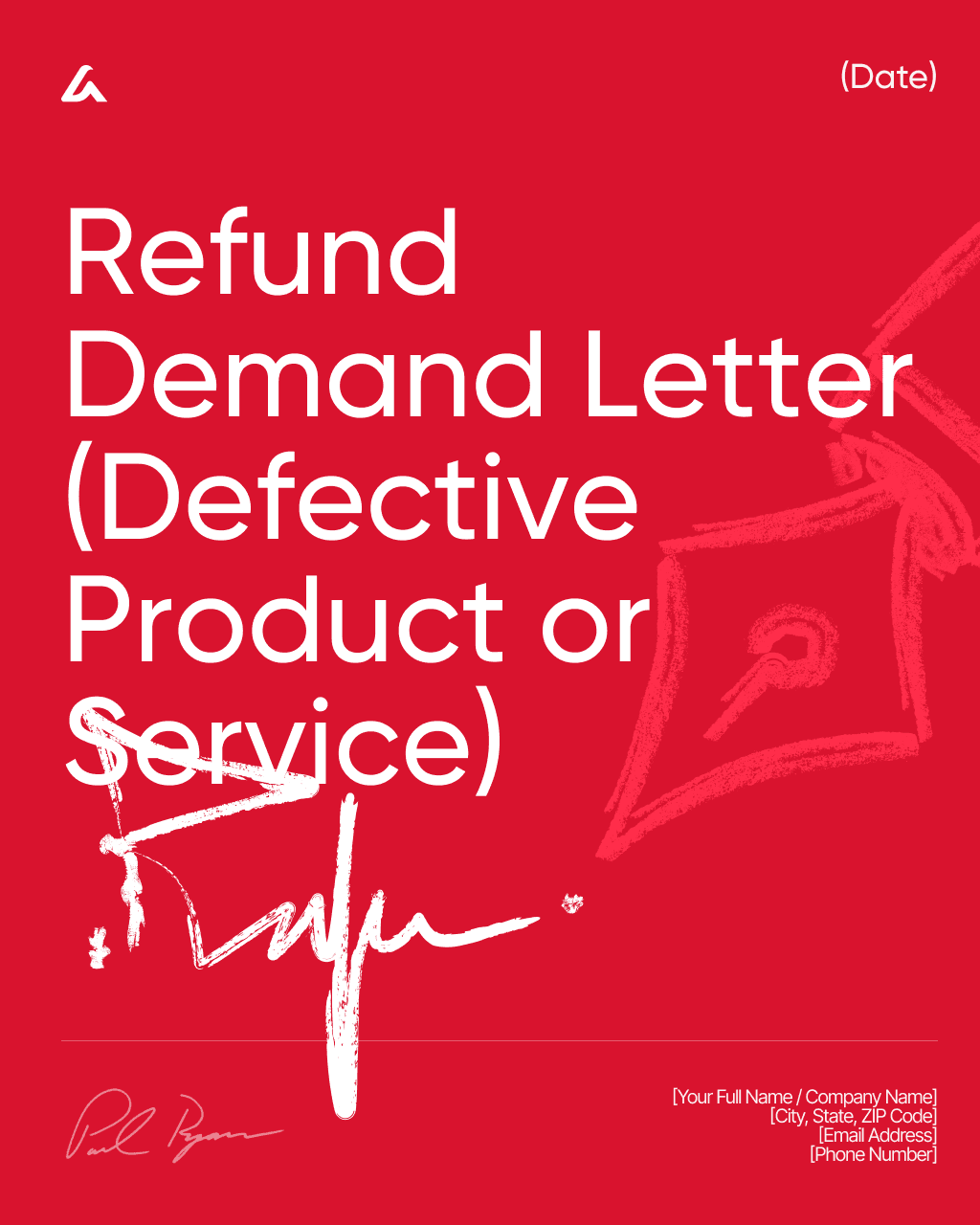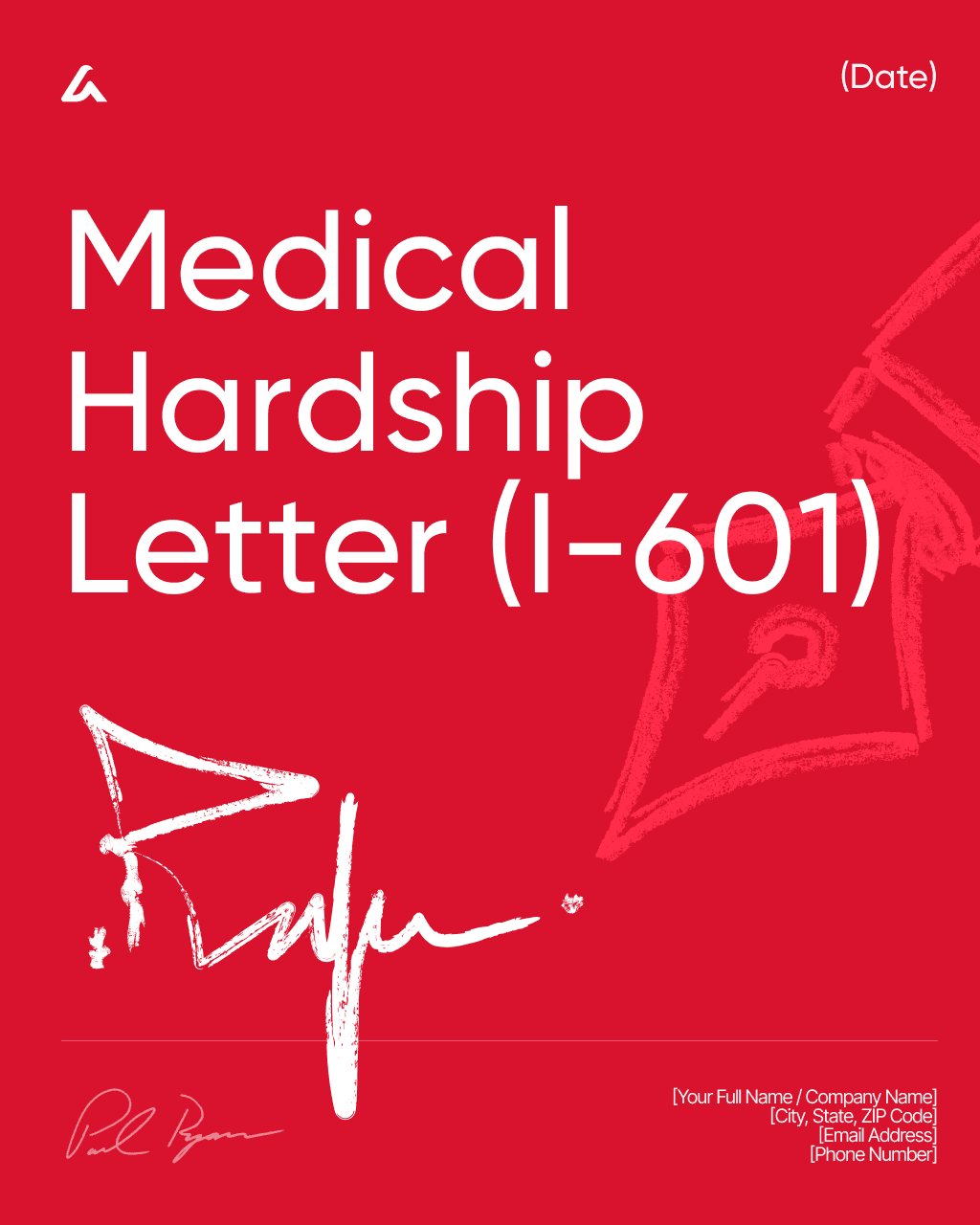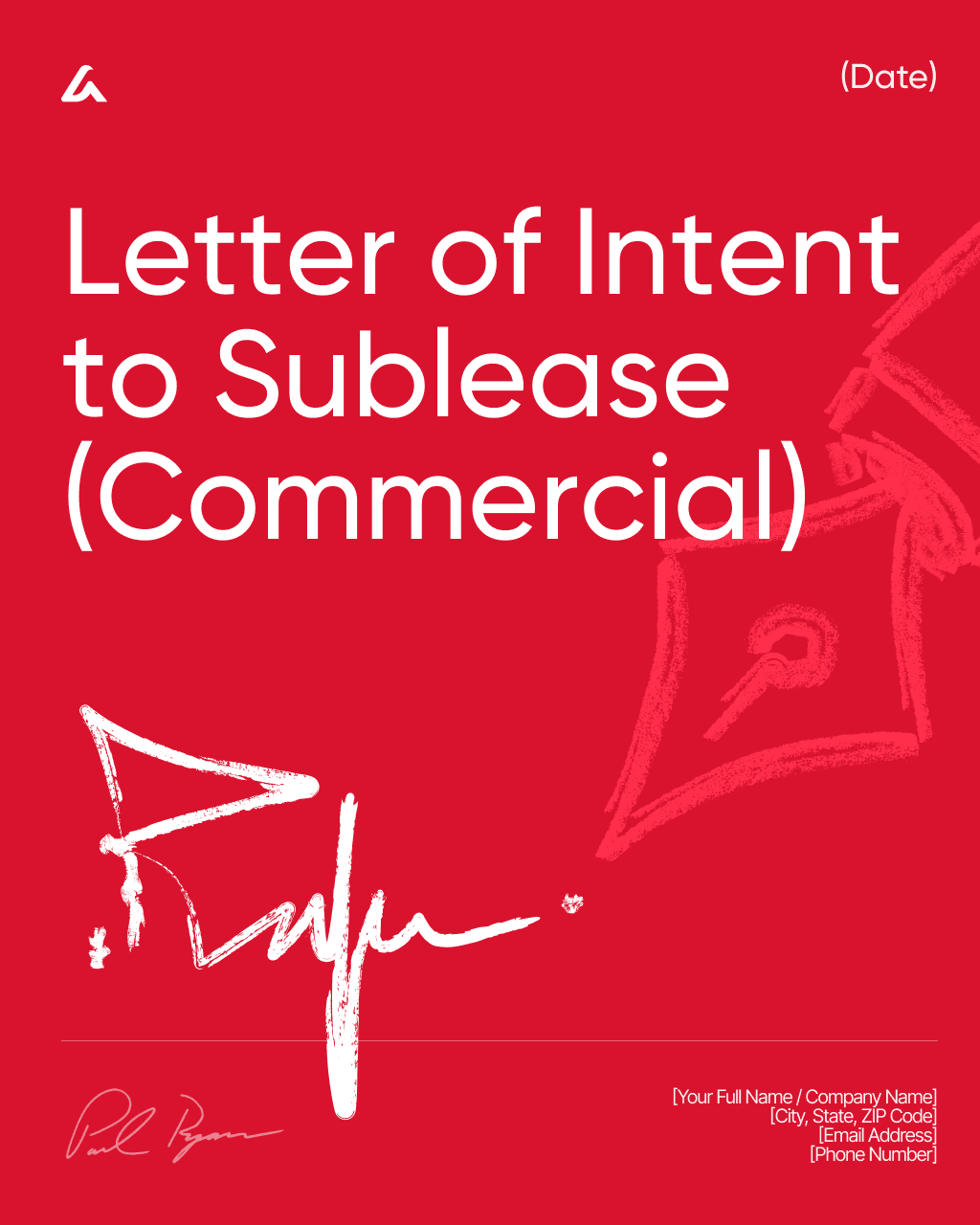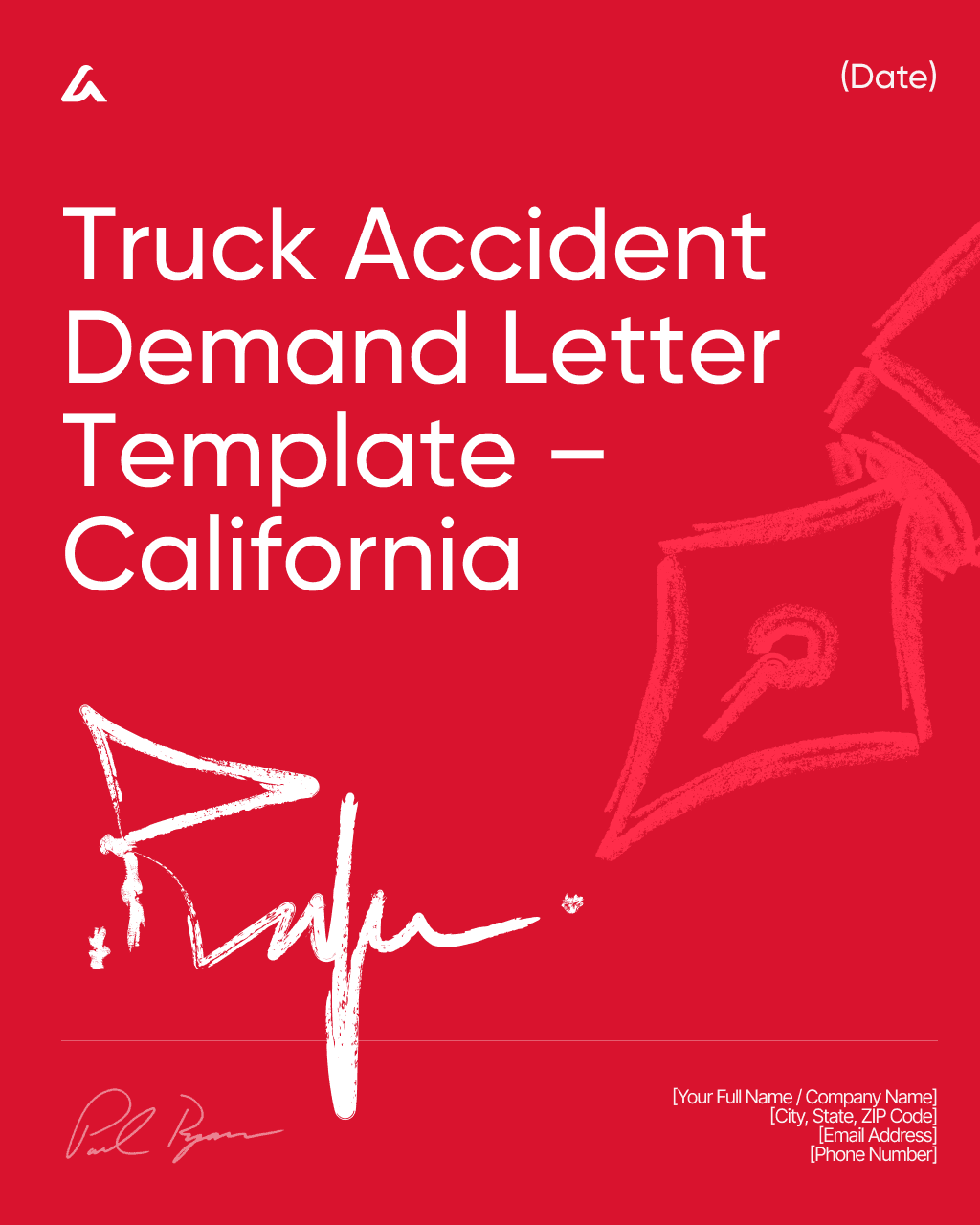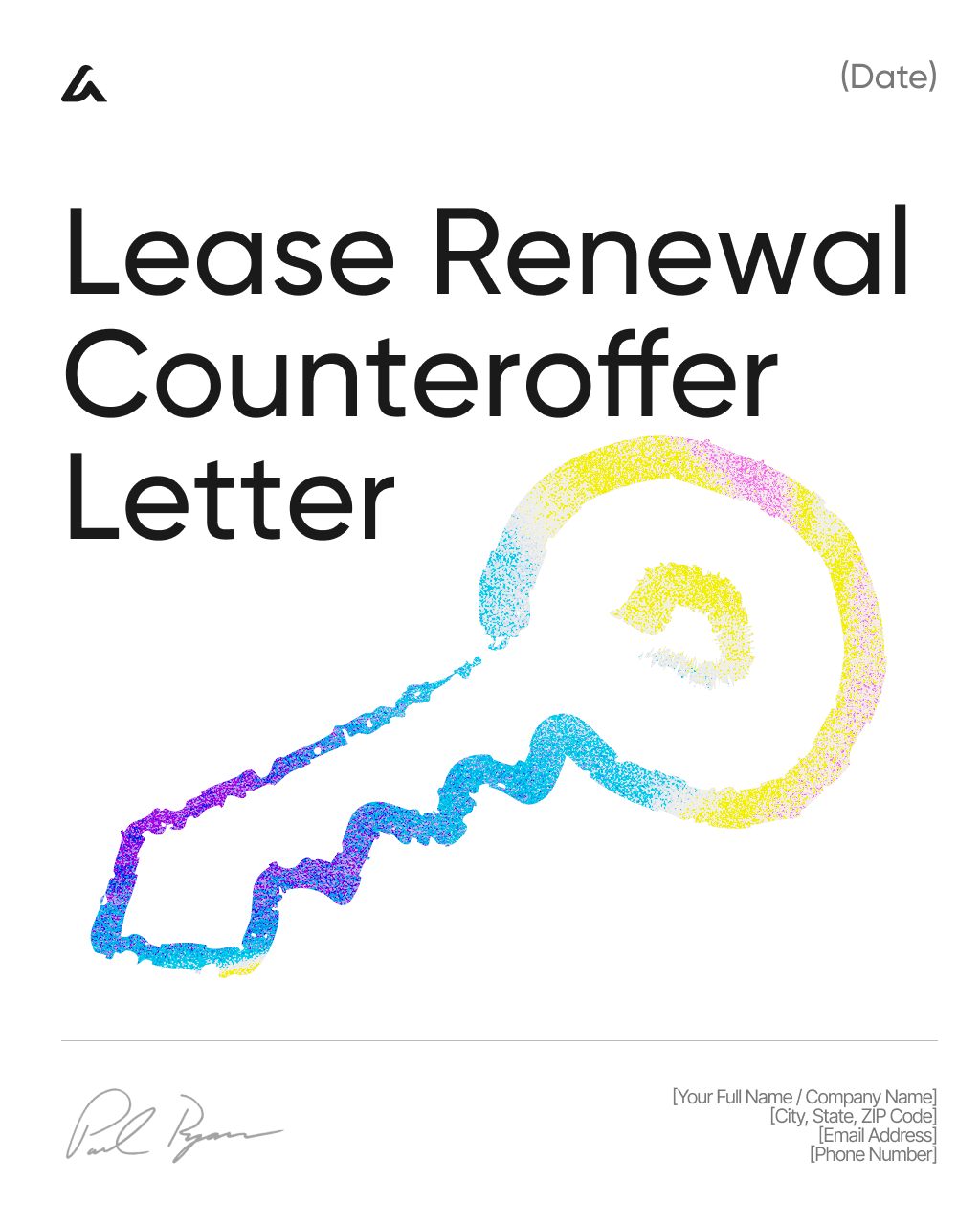Free template
Substance Use Self-Report for DUI Evaluation Template
Draft your custom agreement in seconds with AI Lawyer
Download template
Substance Use Self-Report for DUI Evaluation Template
[Your Full Name]
[Your Street Address]
[City, State/Province, ZIP/Postal Code]
[Phone Number]
[Email Address]
[Date]
[Name of Evaluator / Agency]
[Program or Clinic Name]
[Street Address]
[City, State/Province, ZIP/Postal Code]
1. Purpose of This Self-Report and Important Note
The purpose of this Substance Use Self-Report is to provide factual information about my alcohol and drug use history in connection with a DUI evaluation. I understand that this document is intended for assessment and treatment planning purposes and may be reviewed along with interviews, tests, and other records.
This template is for informational and organizational purposes only. It is not legal advice and does not replace guidance from an attorney, or a full clinical assessment by a qualified professional.
2. Personal and Case Information
Full Name: [Your Full Name]
Date of Birth: [MM/DD/YYYY]
Current Age: [Your Age]
DUI Case Number (if known): [Case Number]
Date of DUI Incident: [Date]
Location of DUI Incident (City, State/Province): [Location]
Current Legal Status (check or describe):
Pending DUI charge
Convicted of DUI / DWI / OVI
On probation
Other: [Explain]
3. Alcohol Use History
3.1. First Use of Alcohol
Approximate age when you first tried alcohol (more than a few sips): [Age]
Circumstances of first use (social, family, party, etc.): [Description]
3.2. Typical Alcohol Use (Before DUI Incident)
Describe your typical alcohol use in the 12 months before the DUI incident:
Type(s) of alcohol usually consumed (beer, wine, liquor, mixed drinks): [Description]
Typical number of drinking days per week: [Number]
Typical number of drinks per occasion: [Number / range]
Heaviest drinking pattern (binge episodes, parties, weekends, etc.): [Description]
3.3. Alcohol-Related Problems (If Any)
Have you ever experienced any of the following related to alcohol?
Blackouts or memory gaps
Arguments or problems with family or relationships
Problems at work or school (lateness, missed days, performance issues)
Health problems related to alcohol
Prior DUI, public intoxication, or other alcohol-related charges
If yes, please describe briefly (include approximate dates and situations):
[Description]
4. Drug and Medication Use History
4.1. Non-Alcohol Substances Used
List any non-alcohol substances you have used (legal or illegal), including cannabis, prescription medications (used with or without a prescription), over-the-counter drugs, or other substances:
Substance 1: [Name of substance]
First use (approximate age): [Age]
Frequency and amount of use (past 12 months): [Description]
Any problems related to use (legal, health, work, relationships): [Description]
Substance 2: [Name of substance]
First use: [Age]
Frequency and amount (past 12 months): [Description]
Problems related to use: [Description]
[Add more as needed.]
4.2. Current Prescription Medications
List any medications currently prescribed by a doctor (for physical or mental health):
Medication Name: [Name] – Dose and schedule: [Details] – Reason: [Condition]
Medication Name: [Name] – Dose and schedule: [Details] – Reason: [Condition]
Note any side effects that may affect driving, alertness, or coordination:
[Description]
5. Substance Use Around the Time of the DUI Incident
Describe your alcohol or substance use on the day or night of the DUI incident. Be as specific and factual as possible.
Date of DUI Incident: [Date]
Time you first consumed alcohol or other substances: [Time]
Type(s) and approximate amount of alcohol consumed: [Description]
Any other substances used (e.g., cannabis, medications, other drugs): [Description]
Time you stopped using substances before driving: [Time]
Your perception of impairment at the time (how you felt, level of intoxication): [Description]
If you remember any specific details about your physical or mental state (tired, stressed, ill, etc.), describe them here:
[Description]
6. Patterns and Changes in Substance Use
6.1. Changes Before and After the DUI
Describe any changes in your alcohol or drug use in the 6–12 months before the DUI, and any changes since the DUI incident:
Before DUI: [e.g., “My drinking increased due to stress,” “I mostly drank on weekends,” etc.]
After DUI: [e.g., “I reduced my drinking,” “I stopped using certain substances,” “No change,” etc.]
6.2. Attempts to Cut Down or Stop
Have you ever tried to cut down or stop using alcohol or other substances?
Yes
No
If yes, describe when, why, and how successful those attempts were:
[Description]
7. Treatment, Counseling, and Support
List any past or current treatment or support related to alcohol or substance use:
Program or Provider Name: [Name]
Type (DUI class, outpatient treatment, inpatient rehab, counseling, support group): [Type]
Dates of participation: [From – To]
Status (completed / in progress / did not complete): [Status]
Support groups (AA/NA or others): [Name of group, frequency of attendance]
Describe what you have learned from these programs or supports and how they have affected your substance use:
[Description]
8. Impact of Substance Use on Your Life
Briefly describe how alcohol or other substance use has affected the following areas of your life, if at all:
Family and relationships: [Description]
Work, school, or finances: [Description]
Physical and mental health: [Description]
Legal issues (including but not limited to DUI): [Description]
If you do not feel there has been an impact in a particular area, you may state that as well.
9. Readiness to Change and Future Goals
Explain how you currently view your alcohol or substance use:
Do you believe your use contributed to your DUI? [Yes/No/Unsure – explain]
Do you feel your use is risky, problematic, or something you want to change? [Explain]
Describe any goals you have related to alcohol or substance use (for example, abstinence, reducing use, only drinking in certain situations, continuing treatment, etc.):
[Description]
10. Certification and Signature
I certify that the information provided in this Substance Use Self-Report for DUI Evaluation is true and accurate to the best of my knowledge. I understand that this self-report may be used by my evaluator or treatment provider as part of my DUI assessment and may be considered along with other records, tests, and professional evaluations.
[Your Signature, if printed]
[Date]
No time to fill it up? Generate your custom agreement with AI Lawyer in seconds
Details
Learn more about
Substance Use Self-Report for DUI Evaluation Template
SUBSTANCE USE SELF-REPORT FOR DUI EVALUATION TEMPLATE FAQ
What is a substance use self-report for a DUI evaluation?
A substance use self-report for a DUI evaluation is a written questionnaire or statement where you describe your history of alcohol and drug use in your own words. It helps the DUI evaluator, counselor, or program understand how often you use substances, how they affect your life, and whether there are patterns related to your DUI incident. This information is usually part of a broader DUI assessment process, not a legal document by itself.
How do I fill out a substance use self-report for a DUI assessment?
To fill out a substance use self-report for a DUI assessment, answer each question honestly and as specifically as you can. Include information about when you started using alcohol or drugs, how often and how much you use, any binge episodes, blackouts, or problems at work, home, or school, and what substances you used around the time of your DUI. Avoid guessing what you think the evaluator “wants to hear” and focus instead on accurate, factual information about your substance use.
What should I include in my DUI substance use history?
Your DUI substance use history should typically include: when you first started drinking or using drugs, what substances you have used (alcohol, cannabis, prescription medications, etc.), how often and how much you typically use, periods of heavier use or abstinence, any prior DUI or substance-related incidents, and the specific alcohol or drug use that occurred before your DUI stop or arrest. You should also mention any prior treatment, counseling, or support groups related to substance use.
Who reads my substance use self-report in a DUI case?
Your substance use self-report in a DUI case is normally reviewed by the professional conducting your DUI evaluation (such as a counselor, therapist, or certified alcohol and drug counselor). In some jurisdictions, a summary of your evaluation may also be provided to the court, probation, or DMV. Always follow the instructions you receive about where to submit the form, who will see it, and what confidentiality rules apply. Your attorney can explain how your self-report may be used in your specific case.
Can AI Lawyer help me complete my DUI substance use self-report?
Yes. AI Lawyer can help you turn your notes into a clear, structured substance use self-report by suggesting wording, organizing your answers, and making the document easier to read. You still need to provide honest and accurate information about your own substance use history, and for any legal or clinical questions about how this information will be used in your DUI case or treatment, you should speak directly with your attorney and your evaluator.
Similar templates

























































































































